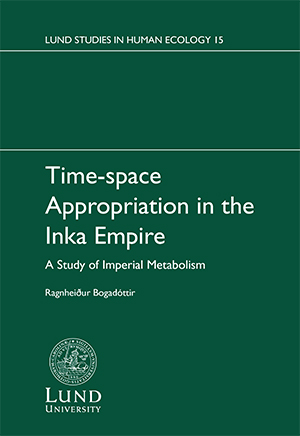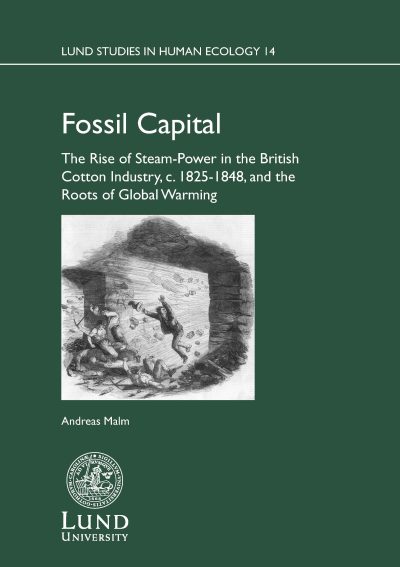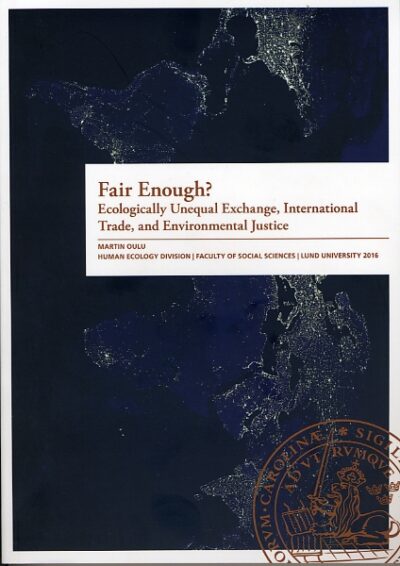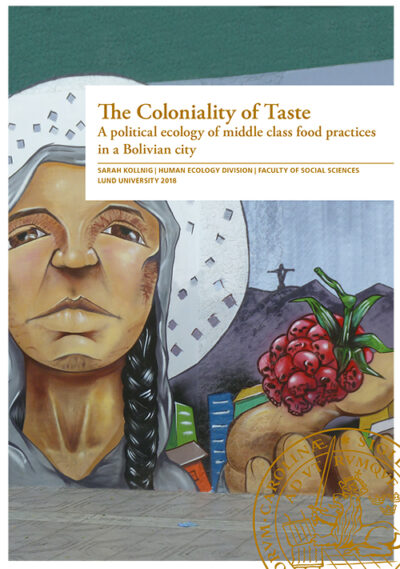Description
This thesis analyzes some aspects of the appropriation of labor time and natural space in the Inka Empire (ca. AD 1400 – 1532) in order to illuminate the cultural organization of Inka imperial metabolism. Rather than understanding Inka imperialism simply as a political process with socioecological consequences, it is investigated as an ecological process organized through specific cultural categories. The Inka imperial economy is conceptualized in terms of transfers of time and space between different categories of people.
The thesis thus addresses long-standing questions regarding the economic operation of the Inka Empire as well as central issues in general social theory. It demonstrates how imperial power is based on biophysical flows of embodied labor and land, organized by specific cultural permutations of reciprocity and redistribution. The thesis focuses on estimating these flows through analyses of time-space appropriation. This is done by reconstructing, on the basis of archaeological, historical and ethnographic data, the production processes of three emblematic Inka artifacts: textiles, chicha (maize beer), and stone walls.



